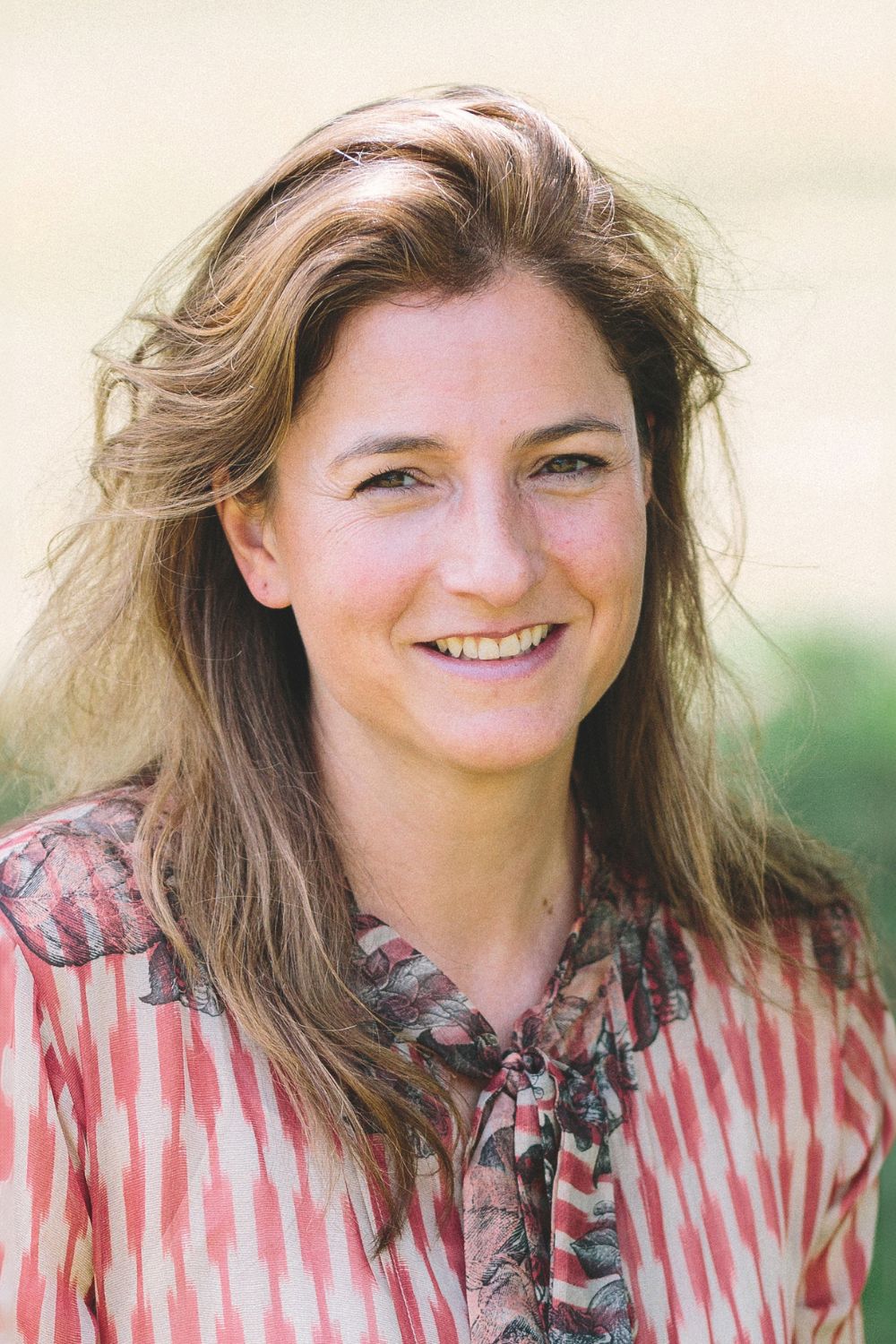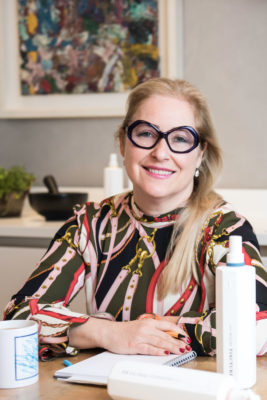
My Little Green Book: Bianca Pitt, Co-Founder Of SHE Changes Climate
By
1 year ago
SHE Changes Climate works to increase female representation in climate policy
Bianca Pitt left her job to help solve the climate crisis. On the way, she has brought women from around the world into the conversation, says Lisa Grainger.
Interview: Bianca Pitt, Co-Founder Of SHE Changes Climate
When Bianca Pitt came to the UK at the age of 28 to explore her mother’s homeland, she was amazed, she says, what a ‘green and pleasant land’ it was. It was only years later, at a dinner for the NGO PlantLife, that the Austrian began to realise that because fields were green didn’t mean they were healthy. About 98 percent of our wildflower meadows, she learnt, had been transformed by crops or pasture. ‘And without them, there’s no nectar for the insects. Without insects there’s nothing to pollinate crops or feed the birds. Take away flowers and what you have is a destroyed environment.’
Wanting to make a change, ten years ago she and her English husband bought an old Sussex farmhouse and began to plant wildflowers. She invested in a local organic farm, growing organic veg, alongside pigs and cows. And every day she set aside time to read and learn. The more she read, she says, ‘the more I realised we were heading for a potentially a collapse of our civilisation, which was a pretty challenging shock. I had just given birth to a child and to see her world was in peril made me realise my job had to be using my efforts and network and contacts trying to avert disaster.’

Gregoire Delanos, La Hutte Studio
Working at ClientEarth, the world’s largest not-for-profit environmental law firm, and on the boards of environmental charities, she soon discovered that not only were our world’s systems unsustainable – ‘fashion, finance, food, energy, transport, all of it’ – but that there were very few women in any organisations that could effect change. So she set up her own network of women who might be willing to help to fix the planet. And, when in 2020 one of them, the ecologist Antoinette Vermilye, noticed that, of UK’s COP delegation, not one was female and ‘governments and leadership didn’t understand the relevance of why it was important’, they wrote a letter calling for a 50-50 split of men and women in the COP27 leadership team. And SHE Changes Climate was born.
Having women at the table, she explains, is important not only because we make up 50 percent of the planet and still only a quarter of the world’s parliamentarians. It’s because it is women who are disproportionately impacted by climate change. In most parts of the world, women are still responsible for children, food, water and looking after the elderly. So when drought comes, or cities are flooded by rising seas, they bear the brunt of the calamitous conditions – particularly in the global south ‘where they not only have the extreme weather, but they don’t have the insurance we have, the social security or a proper roof. So they are not prepared at all for the terrible effects of climate change.’
Having these under-represented women at the table completely changes policy-making, Pitt says. Nations with more women in parliament are more likely to take action on critical environmental issues, adopt more stringent climate policies and have lower emissions. And, given the rate at which are planet is heating up, we need those sorts of changes fast. ‘And that’s not going to happen until we have women in the mix… taking down the old world is hard for men, as they built it.’
What our planet needs is a 50-50 leadership of men and women, she says. ‘If you were going to sail the seas, would you do it with a patch over one eye? No, you would want full vision – particularly if you were navigating choppy waters. Not having women in the room is like having a patch, or a blindspot. You see only one half of the world.’





















